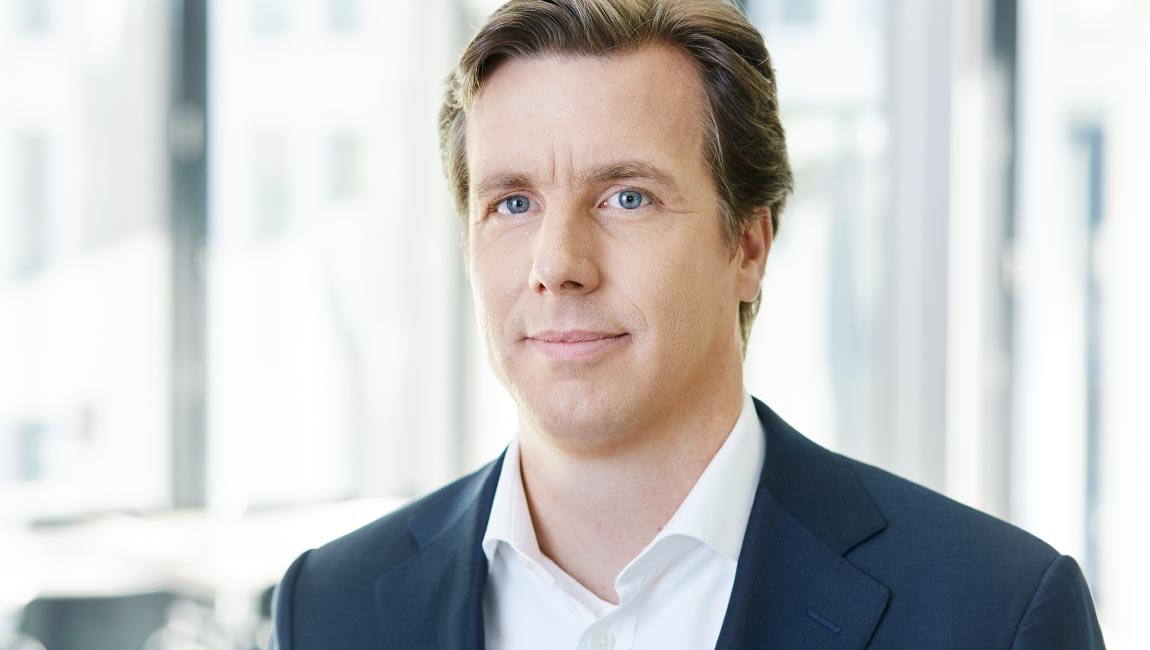NO LIMITATION OF THE FORMATION EXPENSES TO 10% OF THE SHARE CAPITAL IN THE CASE OF OTHER FREE ASSETS OF A GMBH
In its decision of 26 October 2021, the Berlin Appellate Court ruled that the assumption of the formation expenses by a company is not limited in each case to an amount equivalent to 10% of the share capital. A takeover with a higher percentage is possible in particular if the company has free capital available in the amount of a multiple of the share capital.
I. Introduction
Company agreements regularly provide for the company to bear its formation expenses, i.e. e.g. consulting, notarization and registration costs up to a certain amount. For a joint stock corporation, a specific determination of the formation costs is prescribed in the statutes pursuant to § 26 para. 2 German Stock Corporation Act (Aktiengesetz – AktG). This provision – which is partly applicable similarly for other types of companies – is the starting point for the discussion on the permissible level of cost absorption. The focus here is on the subsequent question of whether the principle of adequacy (Prinzip der Angemessenheit) has also been observed in the respective individual case.
II. Scope of Application and Requirements of § 26 para. 2 AktG
§ 26 para. 2 AktG is directly applicable only to joint stock corporations, but also to partnership limited by shares (Kommanditgesellschaft auf Aktien – KGaA) by reference to § 278 AktG and, according to generally accepted case law, also to limited liability companies (Gesellschaft mit beschränkter Haftung – GmbH/Unternehmergesellschaft – UG) on an analogous basis. The obligation to determine the formation expenses is a provision protecting creditors and shareholders, as it ensures that the extent to which the share capital is burdened in advance by formation expenses is transparent to them. This largely limits the meaning of § 26 para. 2 AktG in terms of corporate law; the law does not explicitly provide for an upper limit for the permissible assumption of formation expenses. However, the assumption of formation costs by the company is also recognized for tax purposes only if the requirements of company law are met, otherwise this constitutes a hidden distribution of profits.
Nevertheless, the determination in the statutes forms the starting point for the subsequent examination of adequacy.
For the assumption to be permissible, it is essential that the costs or expenses are necessary and reasonable in terms of their nature and extent.
III. Previous case law on permissible assumption
When registering a company, the registration court shall examine the amount of the assumed formation costs for their adequacy. For the assessment, case law often considers the formation expenses in relation to the share capital. The assumption of formation costs up to the amount of 10% of the share capital is generally not objected to. However, a formation expense of 100% was also deemed permissible for a limited liability entrepreneurial company (UG), in particular because the mandatory name of the company as a UG and the suffix “haftungsbeschränkt” (limited liability), which must be used in accordance with § 5a para. 1 German Limited Liability Companies Act (Gesetz betreffend die Gesellschaften mit beschränkter Haftung – GmbHG), draw the attention of creditors to the risks associated with a UG.
IV. Decision of the Appellate Court (KG, decision of 26 October 2021 – file no.: 22 W 44/21, final)
1. Facts of the case (shortened)
The limited partners of a GmbH & Co.KG (limited partnership with a limited liability company as general partner) registered the change of legal form on the basis of a notarized conversion resolution into a GmbH. All the information required for registration was included. Among other things, the application was also accompanied by a calculation of the formation costs.
In a letter dated 11 January 2021, the Charlottenburg Local Court objected to the provision in Section 15 of the partnership agreement, which provided for the assumption of formation costs in the amount of EUR 10,000. Following a letter from the notary public requesting an appealable decision, the Charlottenburg Local Court rejected the application in a decision dated 10 February 2021. The Charlottenburg Local Court did not uphold the appeal and referred the decision to the Senate for a ruling.
2. Decision and justification
This decision by the Senate was also based on the adequacy test set out in § 26 para. 2 AktG. Contrary to the view of the Charlottenburg Local Court, however, there is no flat-rate limit of 10% of the share capital, as this is neither prescribed by law nor otherwise mandatory. In particular, the protection of creditors inherent in § 26 para. 2 AktG does not require such a restriction. The protection of third parties within the meaning of § 26 para. 2 AktG is ensured by disclosure. Necessary limitations when overstated or undocumented costs are charged do not justify a rigid limit.
In some cases, such as in the present case with a higher company value of the KG, higher notarial costs are compulsorily incurred in the change of legal form, § 108 para. 3 sentence 1 German Law on Court and Notarial Costs (Gerichts- und Notarkostengesetz – GNotKG), compared to the case where the value of the share capital would be decisive. However, the determination of the still admissible formation costs in such cases cannot be made on the basis of the share capital, since there is no impairment of third parties even through a higher assumption. Based on the existing assets, it is ensured that there is no underfunding to the detriment of creditors even after deduction of liabilities.
3. Consequences for the practice
The 10% rule will continue to be used as a benchmark in case law. In the case of the formation of a new GmbH, this is also generally the case, as this ensures that the interests of the creditors are adequately protected. Nevertheless, the present decision clearly shows that a rigid adherence to the 10% limit is not applicable and that the individual case must always be considered. Particularly in the case of conversions of valuable companies, significantly more than 10% of the share capital can therefore also be admissibly assumed by the company.
We are here for you
For more information please contact
Christina Frigger
honert hamburg
Attorney-at-Law
M&A, Litigation, Succession Planning, Corporate
| phone | +49 (40) 380 37 57 0 |
| [email protected] |
Dr. Kai-Klemens Wehlage
honert munich
Partner, Attorney-at-Law
Venture Capital, M&A, Corporate
| phone | +49 (89) 388 381 0 |
| [email protected] |
Dr. Jörn-Ahrend Witt
honert hamburg
Partner, Attorney-at-Law
M&A, Business Law, Corporate
| phone | +49 (40) 380 37 57 0 |
| [email protected] |



